Urban development and social housing
Different initiatives and programmes aim to support people in housing need. These include the Regional housing development and our large-scale housing projects.
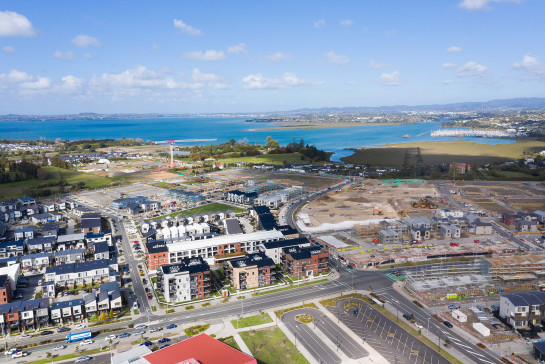 Urban development
Urban development
Enabling well-functioning and thriving communities through best practice urban design and development.
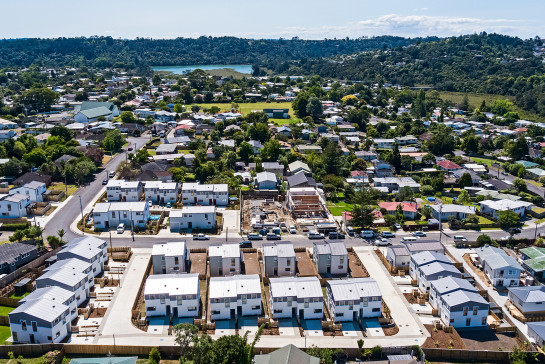 Social housing
Social housing
Kāinga Ora is making more efficient use of land by replacing many of our older state houses with more, warm and dry homes in areas of high demand.
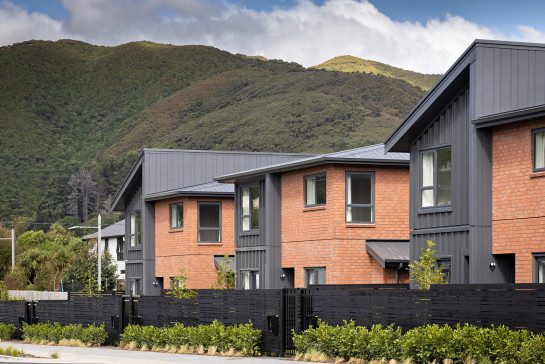 Housing styles
Housing styles
Kāinga Ora’s focus on building new homes means that we’re deploying a variety of housing styles and sizes to make best use of our land holdings, meet contemporary demographic demand and ensure those most in need are housed appropriately.
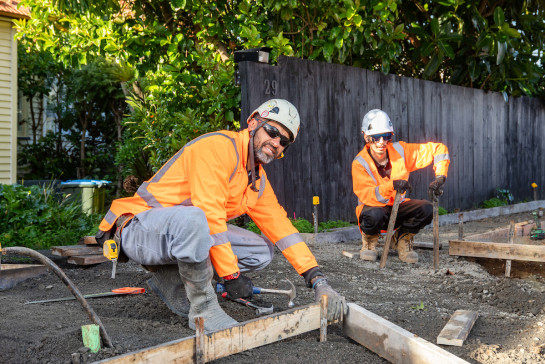 Industry Hub
Industry Hub
Find out how Kāinga Ora works with the development and construction industries to increase housing supply for all New Zealanders.
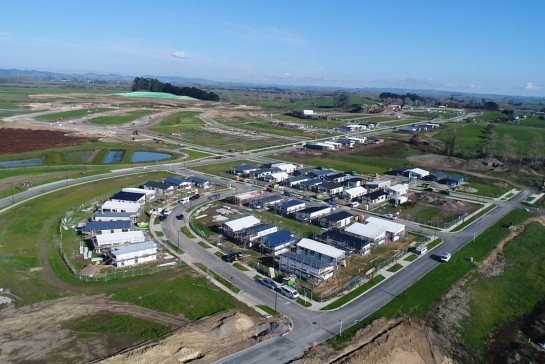 Development and Construction Matters bulletin
Development and Construction Matters bulletin
At Kāinga Ora, we greatly value our relationships and partnerships with suppliers, as well as our development & build partners. Our quarterly newsletter keeps the industry informed and up-to-date with Kāinga Ora activity.
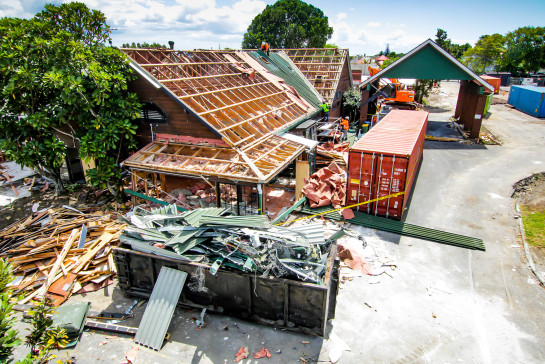 Minimising construction waste
Minimising construction waste
Kāinga Ora is committed to sustainable site clearance methods to reduce the amount of waste that ends up in landfill during housing development.
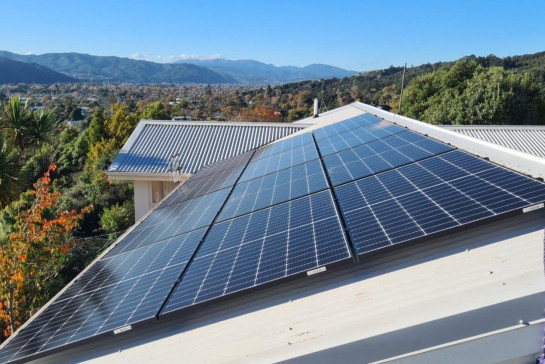 Renewable energy
Renewable energy
As a landlord and urban developer, we are mindful of reducing our environmental footprint and helping create climate resilient homes and communities.
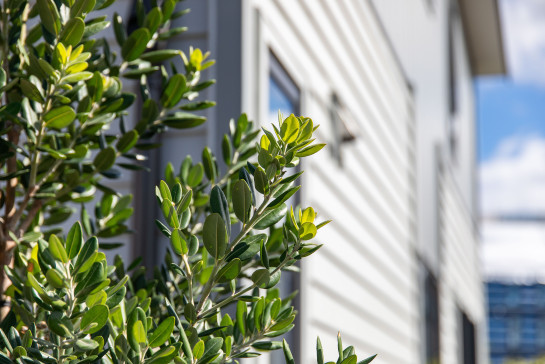 Selling Kāinga Ora properties
Selling Kāinga Ora properties
Kāinga Ora is selling some homes and land that do not meet our current, or future, needs.
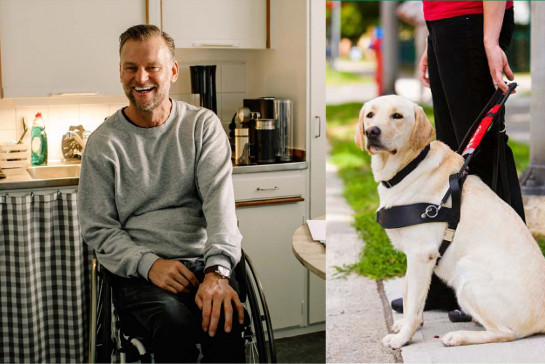 Accessibility at Kāinga Ora
Accessibility at Kāinga Ora
Kāinga Ora has a responsibility to ensure we are getting housing right for all our customers, including those with accessibility needs. We have had an Accessibility Policy in place since 2020, which sets out our commitment for our public housing properties.
